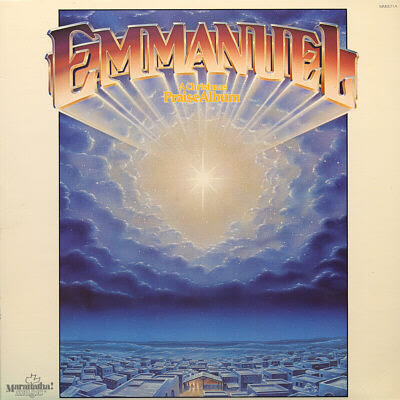I think I would prefer to be called a Hippie Christian, rather than a Christian Hipster…
Being A Hippie Christian
From Hippie Christian
“Being a Hippie Christian isn’t how you dress or what you say as much as it is a total life style. To be a Hippie Christian requires an attitude of the heart that grows out of a personal encounter with the living Christ and overflows into your whole life. Jesus taught about peace and love. Jesus chose the outcasts, He loved the unlovely, He reached out to the rejects. Jesus taught about getting back to the Garden, about having a personal relationship with the Creator of the universe.
For some ancient wisdom on how to live the Hippie Christian life please read Jesus’ Sermon on the Mount.”
Hippie
“The hippie subculture was originally a youth movement that arose in the United States during the mid-1960s, swiftly spreading to other countries around the world. The etymology of the term ‘hippie’ is from hipster, and was initially used to describe beatniks who had moved into New York City‘s Greenwich Village and San Francisco‘s Haight-Ashbury district. The early hippie ideology included the countercultural values of the Beat Generation. Some created their own social groups and communities, listened to psychedelic rock, embraced the sexual revolution, and used drugs such as marijuana and LSD to explore alternative states of consciousness.
In January 1967, the Human Be-In in Golden Gate Park in San Francisco popularized hippie culture, leading to the legendary Summer of Love on the West Coast of the United States, and the 1969 Woodstock Festival on the East Coast. Hippies in Mexico, known as jipitecas, formed La Onda Chicana and gathered at Avándaro, while in New Zealand, nomadic housetruckersNambassa. In the United Kingdom, mobile “peace convoys” of New age travellers made summer pilgrimages to free music festivals at Stonehenge. In Australia hippies gathered at Nimbin for the 1973 Aquarius FestivalMardiGrass. In Chile, “Piedra Roja Festival” was held in 1970, and was the major hippie event in that country. practiced alternative lifestyles and promoted sustainable energy at and the annual Cannabis Law Reform Rally or Hippie fashions and values had a major effect on culture, influencing popular music, television, film, literature, and the arts. Since the widespread movement in the 1960s, many aspects of hippie culture have been assimilated by mainstream society. The religious and cultural diversityEastern philosophy and spiritual concepts have reached a wide audience. The hippie legacy can be observed in contemporary culture in myriad forms — from health food, to music festivals, to contemporary sexual mores, and even to the cyberspace revolution.[1]
…Lexicographer Jesse Sheidlower, the principal American editor of the Oxford English Dictionary, argues that the terms hipster and hippie derive from the word hip, whose origins are unknown.[2] The term hipster was coined by Harry Gibson in 1940.[3] Although the word hippie made isolated appearances during the early 1960s, the first clearly contemporary use of the term appeared in print on September 5, 1965, in the article, “A New Haven for Beatniks“, by San Francisco journalist Michael Fallon. In that article, Fallon wrote about the Blue Unicorn coffeehouse, using the term hippie to refer to the new generation of beatniks who had moved from North Beach into the Haight-Ashbury district. New York Times editor and usage writer Theodore M. Bernstein said the paper changed the spelling from hippy to hippie to avoid the ambiguous description of clothing as hippy fashions.”

